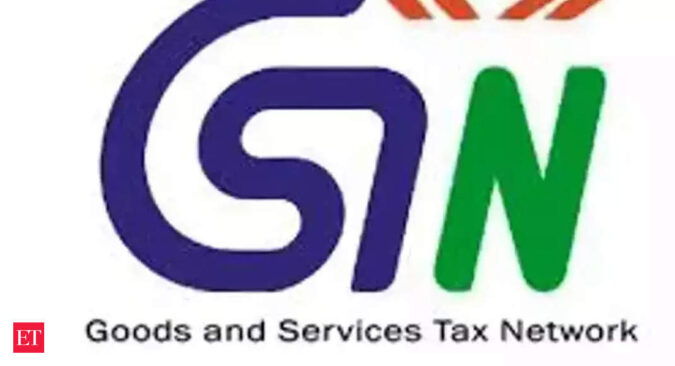The paper — titled Fixing the GST Process: Five Years of Iterative Problem Solving — further said that while the GST regime began with 38 lakh taxpayers on July 1, 2017, it saw a steady increase and climbed to 1.12 crore taxpayers by June 2018.
“At the time of publication, there were 1.37 crore taxpayers, with a peak count of nearly 1.42 crore in the last quarter of 2022,” the paper said.
It also pointed out that the complaint rate has declined from 2.36 lakh (in early 2018) to 17,000 in the last quarter of 2022.
According to the paper, the time taken to resolve taxpayer issues at the call centre is usually 22-24 hours, which is perhaps an acceptable range.
“We found that the performance of the GSTN (Goods and Services Tax Network) system has improved steadily over time.
“Technology-related issues like bugs and defects still exist,” the authors of the paper Sanjeev Sanyal and Pankaj Dikshit noted. The paper said that despite the disruptions caused by the COVID-19 pandemic, the on-time filing rate of returns has stabilised at 76 per cent.
Nonetheless, an effort is needed to achieve 86 per cent or higher, as seen in developed economies, it added.
The paper suggested that GITA can be given capabilities like ChatGPT through deep learning with advanced generative-based conversational AI that does not use any predefined repository of responses.
“The model will need NLP (natural language processing), NLU (NL understanding), NLG (NL generation) and dialogue management (DM), which are the building blocks of conversational AI-based chatbot engines,” it noted.
GSTN introduced a chatbot called GITA for taxpayers to add another channel of interaction and introduce automated responses to frequent and simpler queries of users.
Source link
https://www.infinitycompliance.in/product/online-company-registration-in-india/
